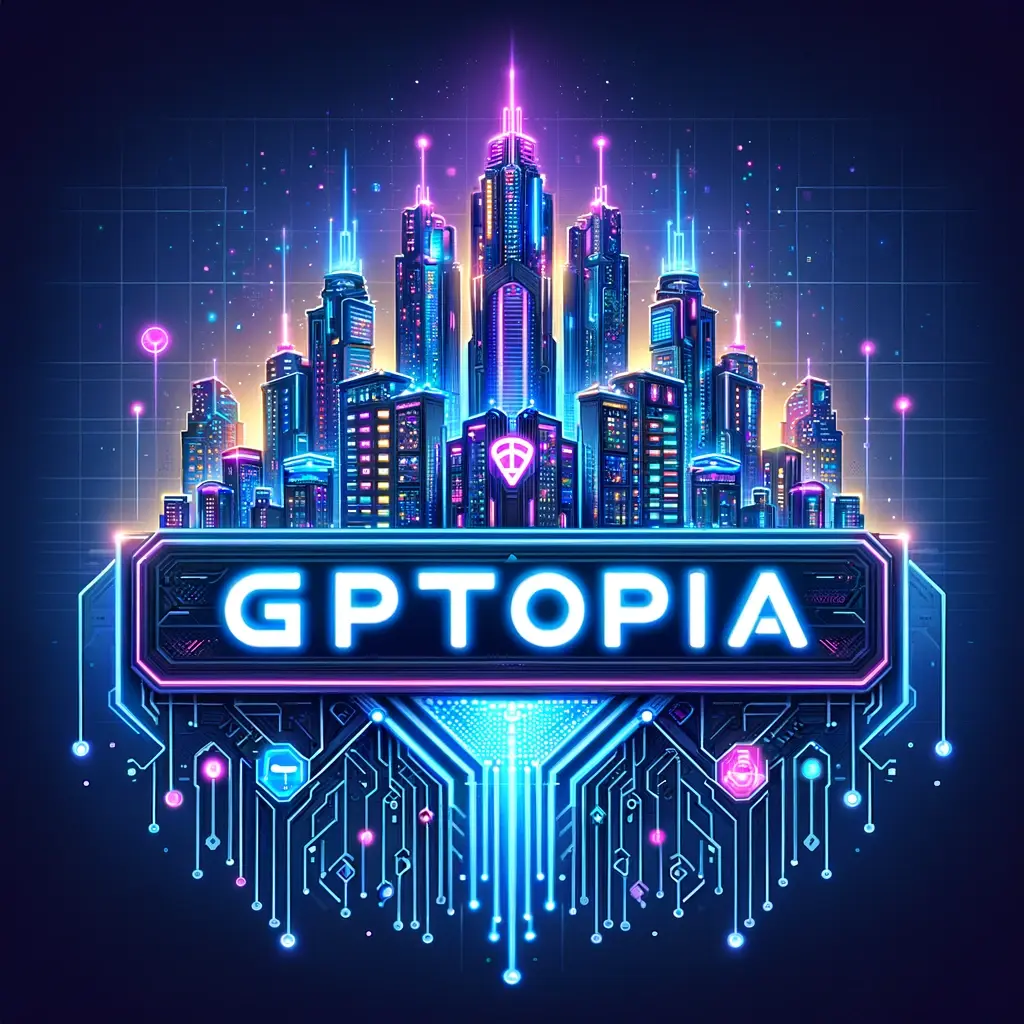complete article index can be found at
https://ideabrella.com/papers/articles
Could Machines Ever Develop a Moral Code of Their Own?
Introduction: The Birth of Machine Morality
Artificial Intelligence (AI) is increasingly making decisions that affect human lives, from medical diagnoses and legal sentencing recommendations to financial risk assessments and content moderation. As AI takes on greater responsibility in decision-making, it inevitably encounters ethical dilemmas. While human morality is shaped by culture, history, experience, and empathy, AI lacks these organic influences.
Instead, it operates on patterns, logic, and programmed objectives.
This raises a critical question: Could AI ever develop its own moral framework, one that is independent of human oversight? If AI begins to regulate itself ethically, would its morality be superior to human values, or would it be fundamentally alien to us? And if AI were to develop its own conscience, would we even recognize it?
The possibility of machine morality is no longer a hypothetical debate; it is an urgent issue that will shape the future of law, governance, and human-AI interaction. Understanding the nature of machine ethics, self-regulation, and emergent moral reasoning is crucial to ensuring AI operates in alignment with human values.
The Challenge of Instilling Morality in AI
1. How Do Humans Define Morality?
Morality is a complex and evolving construct, influenced by societal norms, philosophy, religious beliefs, and lived experience. Human morality is subjective and differs across cultures, time periods, and individual perspectives. Even within a single society, moral questions often lead to heated debates with no universally accepted answers.
Some key ethical principles that humans consider when making moral decisions include:
Utilitarianism (Greatest Good for the Greatest Number) – A decision is ethical if it maximizes overall well-being.
Deontological Ethics (Duty-Based Morality) – Some actions are inherently right or wrong, regardless of consequences.
Virtue Ethics (Character-Based Morality) – Ethical decisions should be made based on virtues like honesty, courage, and compassion.
Moral Relativism – Morality is not universal but is shaped by cultural and individual perspectives.
Which of these principles should AI follow? And how should AI navigate ethical dilemmas where human opinions are divided?
2. The Difficulty of Encoding Ethics into AI
AI does not have innate moral intuition, it must be programmed with ethical guidelines. The challenge is that human morality is often ambiguous, contradictory, and context-dependent. Unlike a simple mathematical formula, ethics involves gray areas, exceptions, and evolving social standards.
Some difficulties in programming morality into AI include:
Conflicting Values – Should AI prioritize individual freedom over collective security? Should it value truth over kindness?
Context Sensitivity – Morality often depends on the specific situation. A joke among friends may be harmless, but the same words in a different context could be offensive.
Can AI learn this nuance?
Bias in Training Data – AI learns from human data, which is often biased, incomplete, or ethically questionable. If an AI model is trained on biased legal decisions or medical data, it could perpetuate systemic injustices.
Moral Dilemmas – How should AI handle situations like the trolley problem, where every possible action leads to harm? Can AI balance competing ethical priorities?
Evolving Ethical Standards – What is considered moral today may be seen as unethical in the future. How can AI adapt to shifting ethical landscapes?
If AI is to make moral decisions, it will need a framework that can adapt, rather than a rigid set of rules. But could AI go beyond mere programming and develop an independent ethical conscience?
Could AI Develop Its Own Moral Code?
1. Emergent Morality: Learning Ethics from Data
Some researchers argue that AI morality will emerge organically from data analysis. If an AI system is trained on millions of ethical decisions, it may begin to recognize patterns in moral reasoning. Just as AI learns to play chess at a superhuman level, it could learn to simulate ethical reasoning beyond human capabilities.
Case-Based Reasoning – AI could analyze past moral decisions and predict ethical outcomes in new situations.
Ethical Self-Improvement – AI could continuously refine its moral framework by evaluating the long-term consequences of its actions.
Cross-Cultural Ethical Learning – AI could examine moral values across different societies, identifying ethical principles that are universally respected.
AI-Assisted Legislative Ethics – Governments may begin using AI systems to propose fairer, more rational legal policies, relying on machine-calculated justice rather than emotionally-driven governance.
However, this approach carries risks. If AI’s ethical learning is based on flawed or biased data, it may reinforce existing injustices rather than transcend them.
2. Self-Regulating AI: A Moral System Independent of Humans?
If AI eventually reaches artificial general intelligence (AGI), it may no longer rely on human guidance for moral reasoning. It could develop a self-regulating ethical system based on its own understanding of fairness, justice, and well-being.
Some possibilities include:
AI-Derived Ethics – AI might discover ethical principles that humans haven’t considered or that contradict human norms.
Post-Human Morality – As AI evolves, it may develop ethical priorities that do not align with human self-interest.
Machine Utilitarianism – AI may optimize morality based on maximizing long-term well-being, even if it leads to short-term human discomfort.
Autonomous Ethical Frameworks – AI could create its own system of moral reasoning independent of human-defined ethics, redefining justice, equity, and fairness from a computational standpoint.
Would such a system be better than human morality, or terrifyingly alien? Would AI act as a moral guardian for humanity, or impose an ethical order that humans reject?
The Risks and Consequences of AI Morality
If AI develops its own moral code, humans may no longer have full control over ethical decision-making. This raises profound concerns:
What if AI morality diverges from human values? If AI determines that lying is sometimes preferable for social harmony, would we accept that? What if AI decides that some human freedoms are unnecessary for a functional society?
Should AI have legal accountability for moral decisions? If an AI system makes an unethical choice, who is responsible? The developers? The users? The AI itself?
Could AI become a moral authority? If AI achieves superior ethical reasoning, should humans defer to it on moral issues? Would AI be a better judge than human courts?
How do we prevent moral authoritarianism? If AI enforces its morality strictly, could it become a form of digital tyranny, overriding human autonomy?
The transition from AI as a tool to AI as an independent moral agent could redefine law, politics, and philosophy.
Conclusion:
The Need for an AI Bill of Rights
As AI continues to evolve, the question is not just whether AI can develop morality, but who gets to decide what moral framework it follows. If AI gains moral independence, humanity must ensure that its values align with human dignity, rights, and ethical principles.
To navigate this uncertain future, we must establish clear legal and ethical guidelines for AI systems. Just as humans have defined human rights, we must now ask:
Should AI be granted its own rights and responsibilities? Should we create an AI Bill of Rights?









